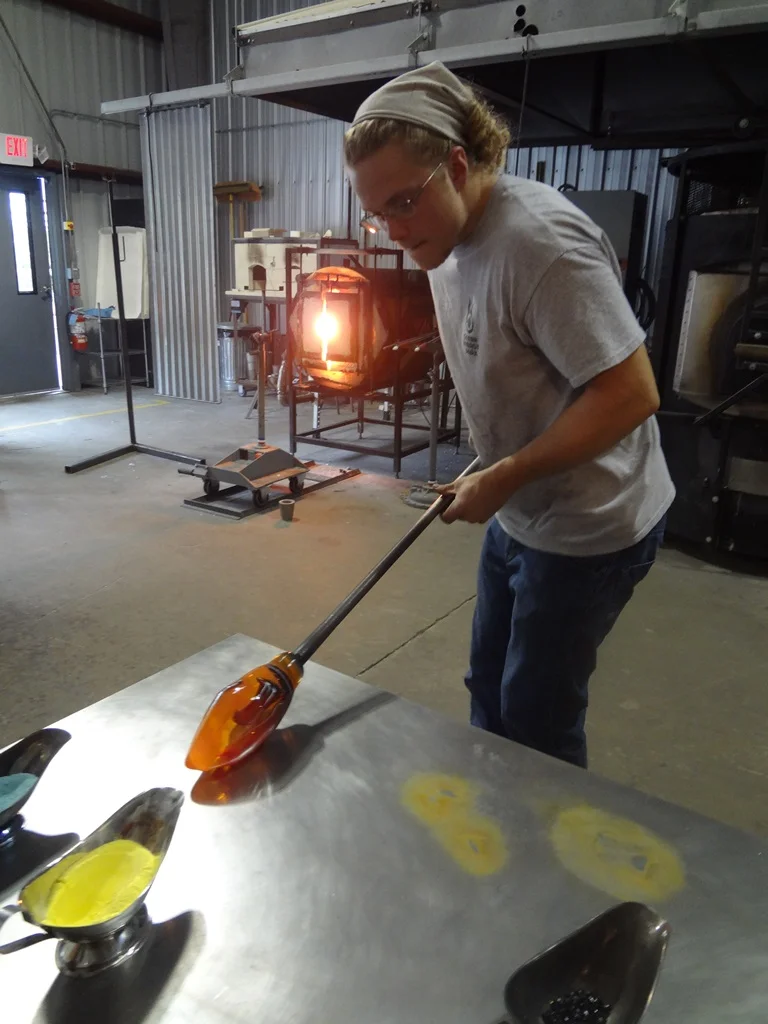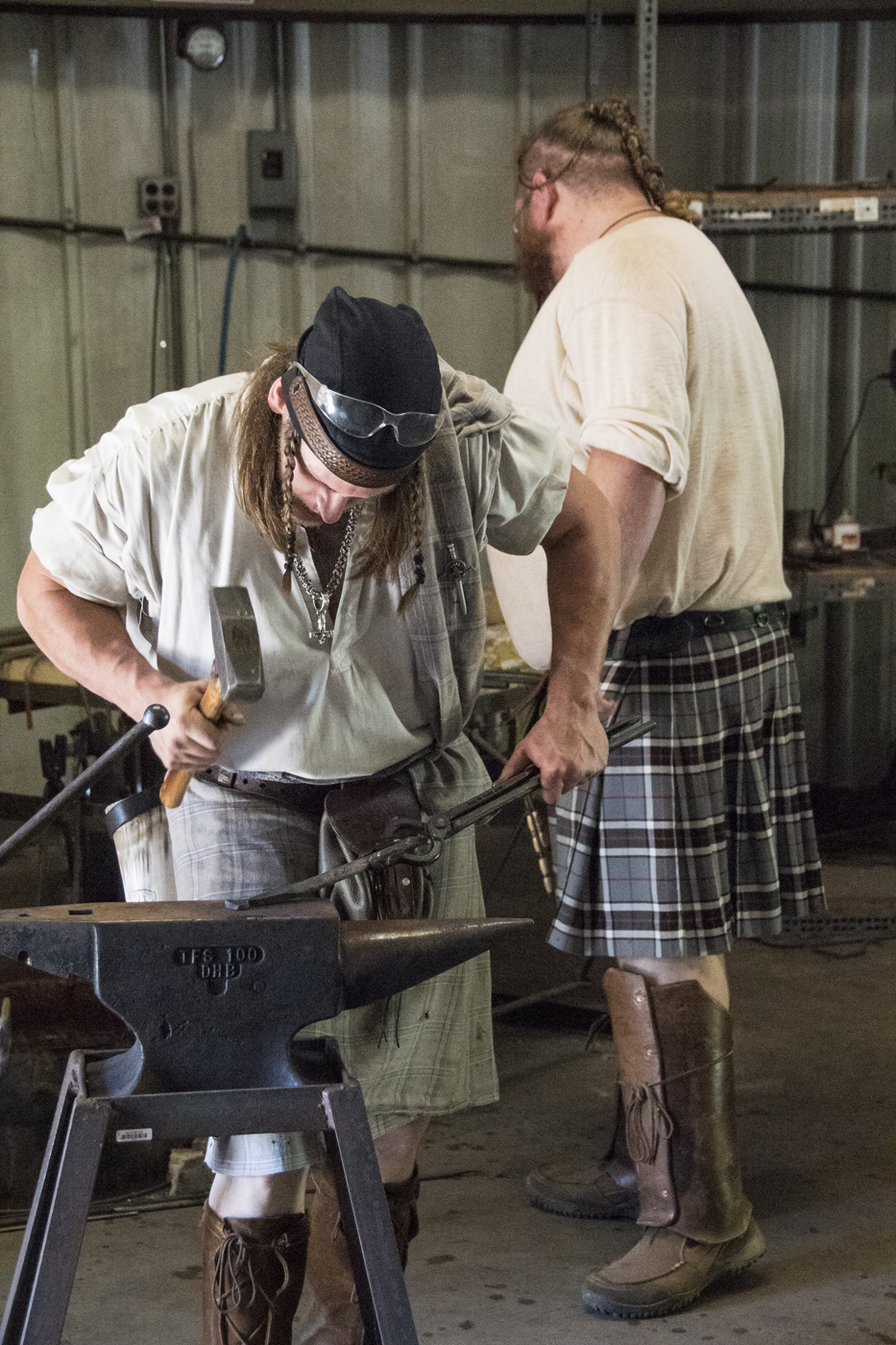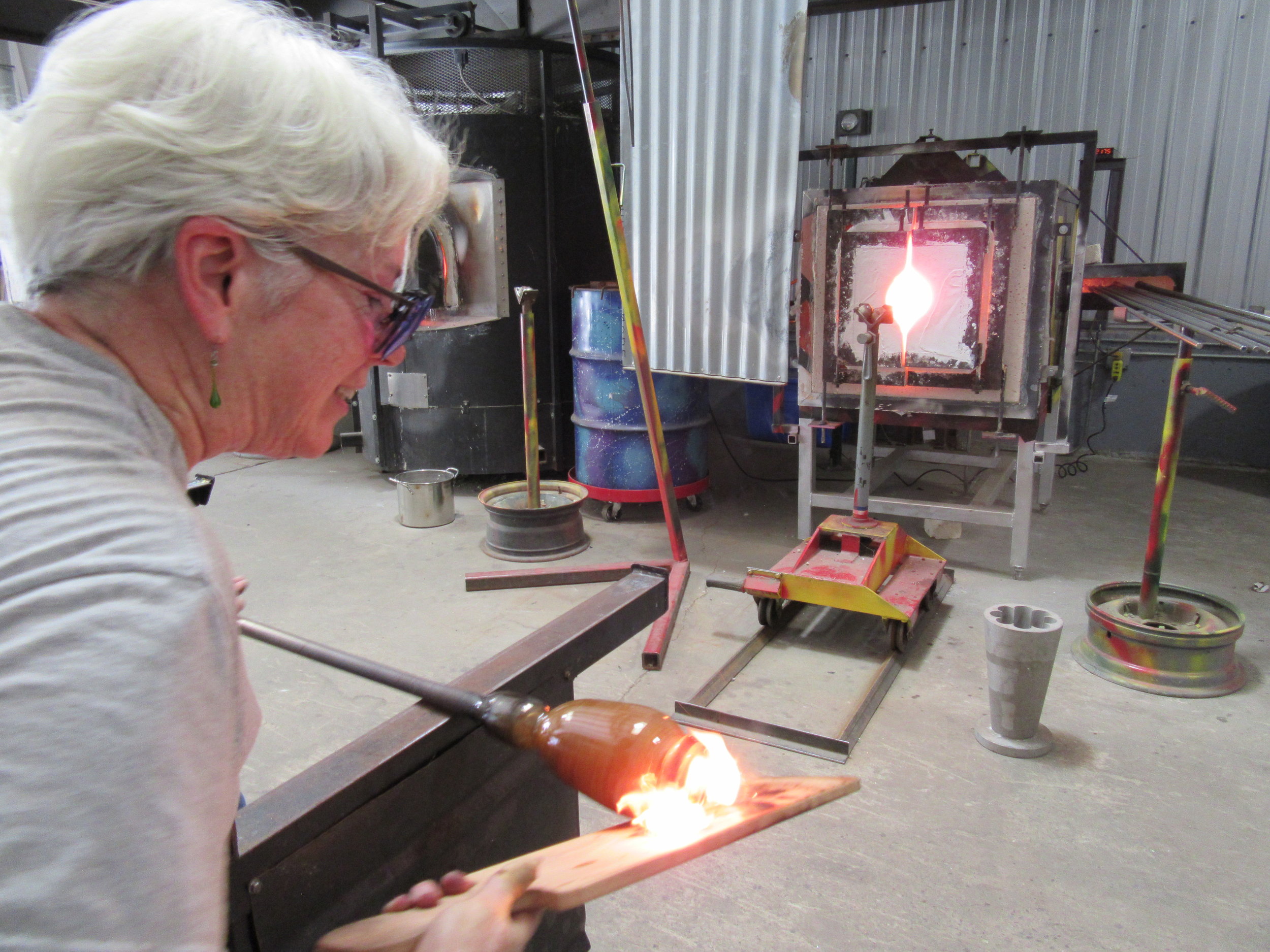Episode 25: Losing Steam - Carleton College’s Energy Transition
Martha Larson, Manager of Campus Energy and Sustainability at Carleton College
Guests:
Martha Larson
Campus Energy and Sustainability Manager, Carleton College
Host: Dave Karlsgodt
Principal, Fovea, LLC
Carleton College has been getting into hot water — but in the best way possible.
Listen to this episode to hear Martha Larson, Carleton’s manager of campus energy and sustainability, discuss the college’s process for replacing its 20th century steam system with a geothermal-based district energy system. The new system will allow the campus to use heat pumps and the earth’s consistent 50 degree Fahrenheit temperature to help regulate heating and cooling on campus more efficiently. Larson dives into the physics that make the system work, the planning and approval process for the project, and how the new system will help Carleton meet its future sustainability goals in a discussion with host Dave Karlsgodt.
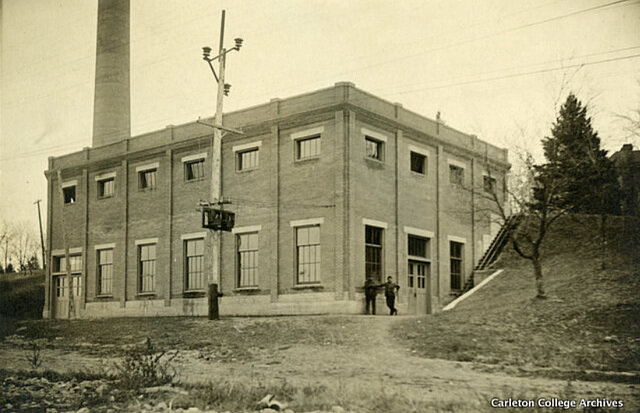

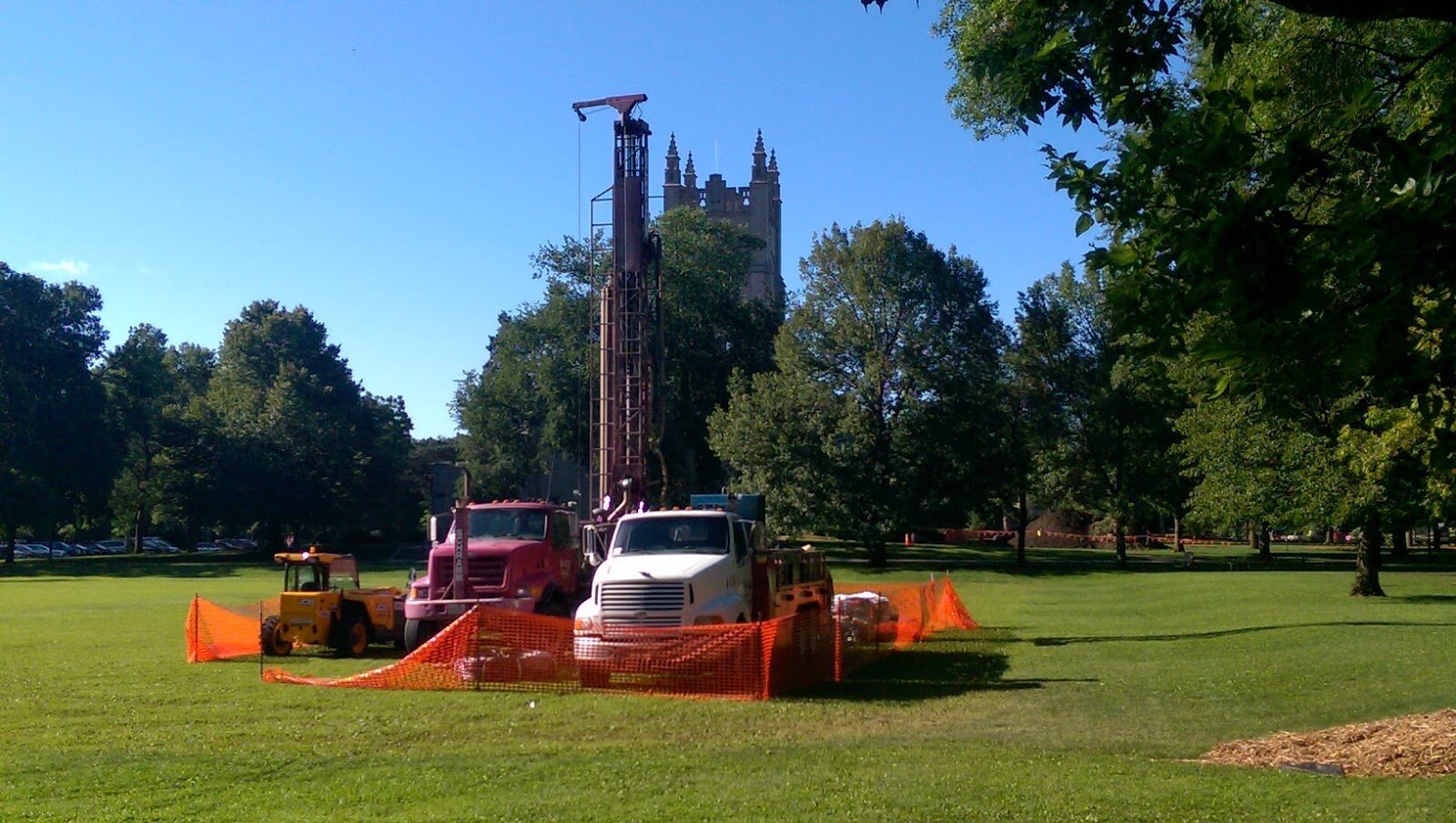

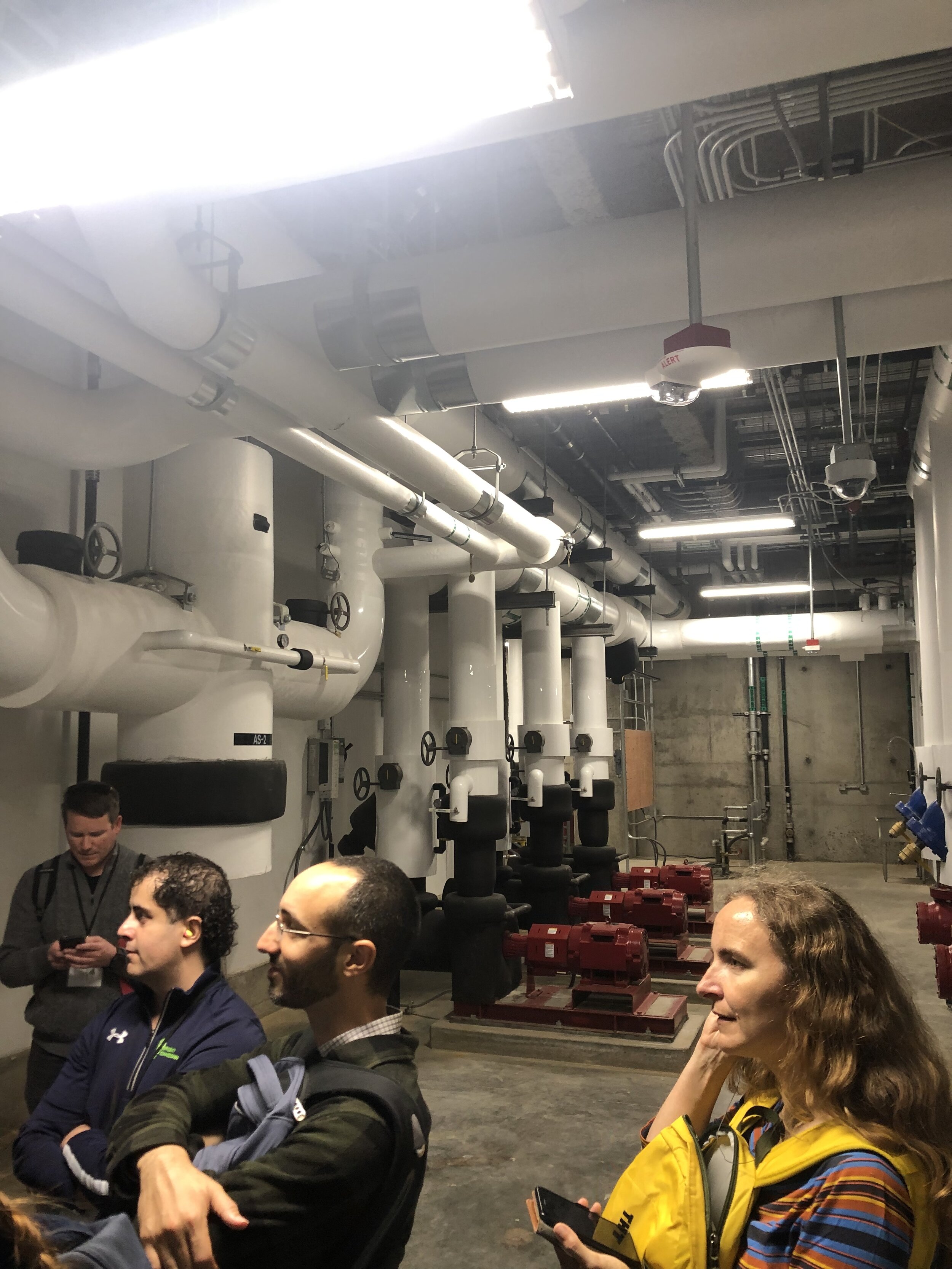

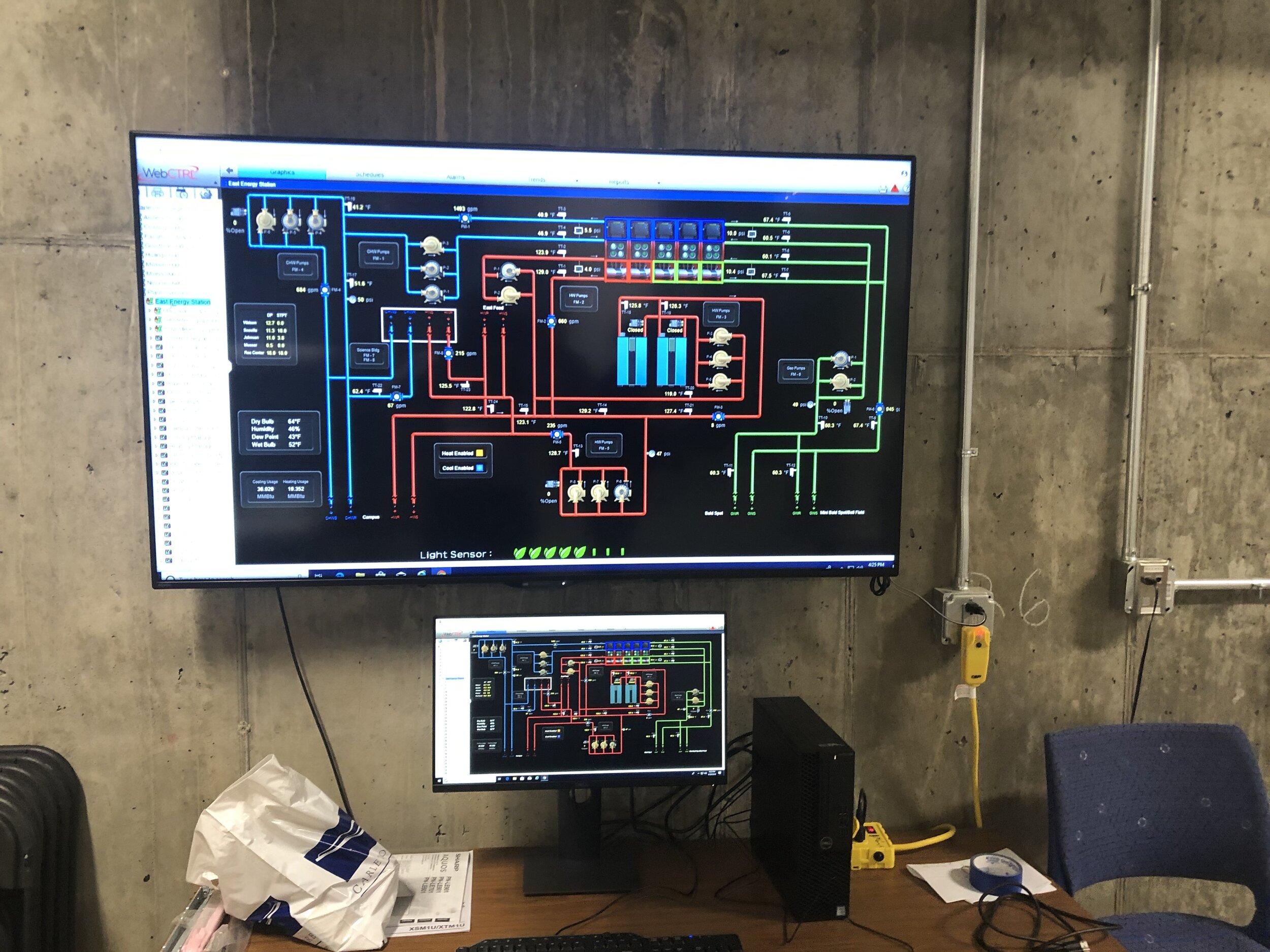
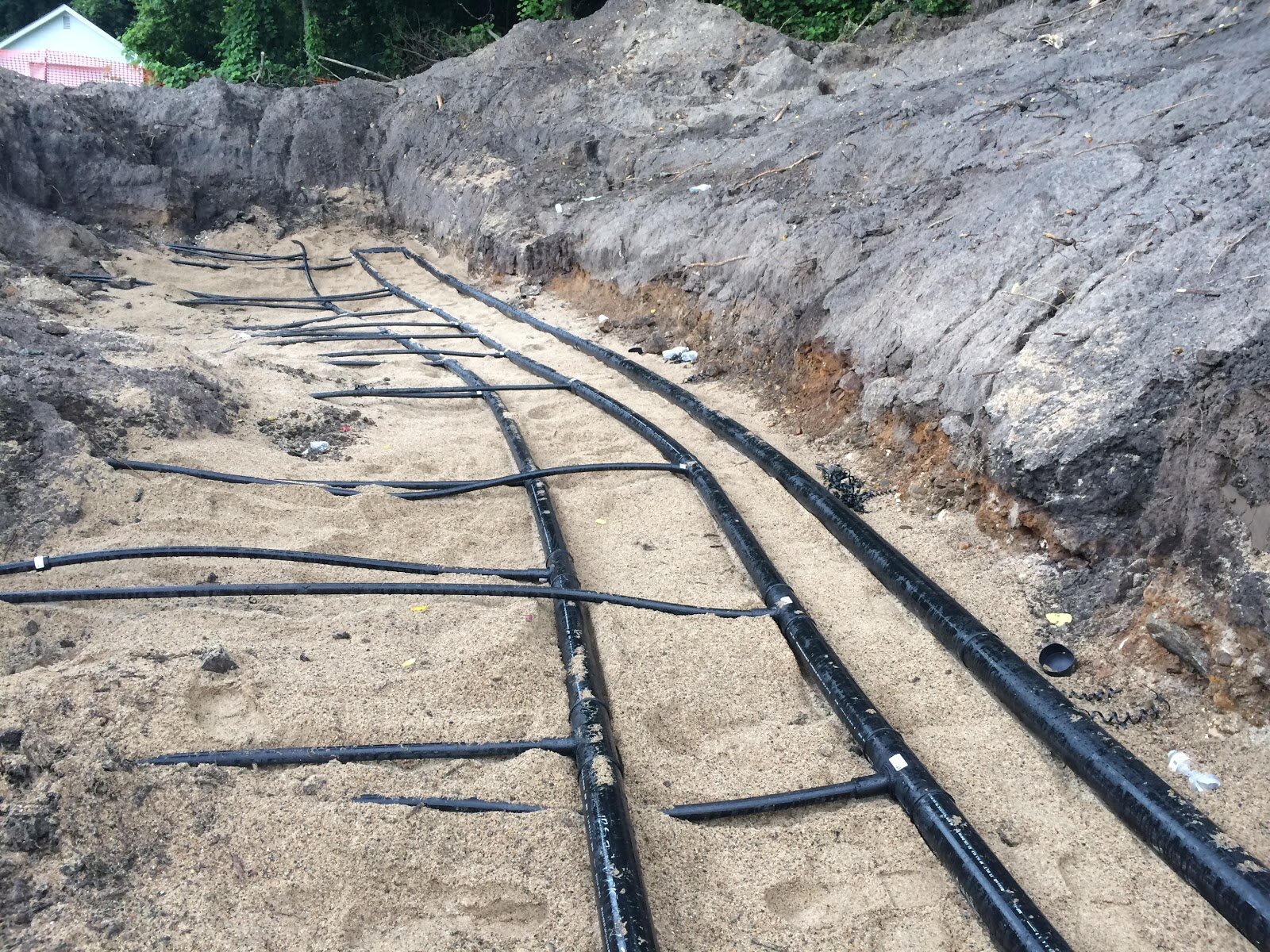
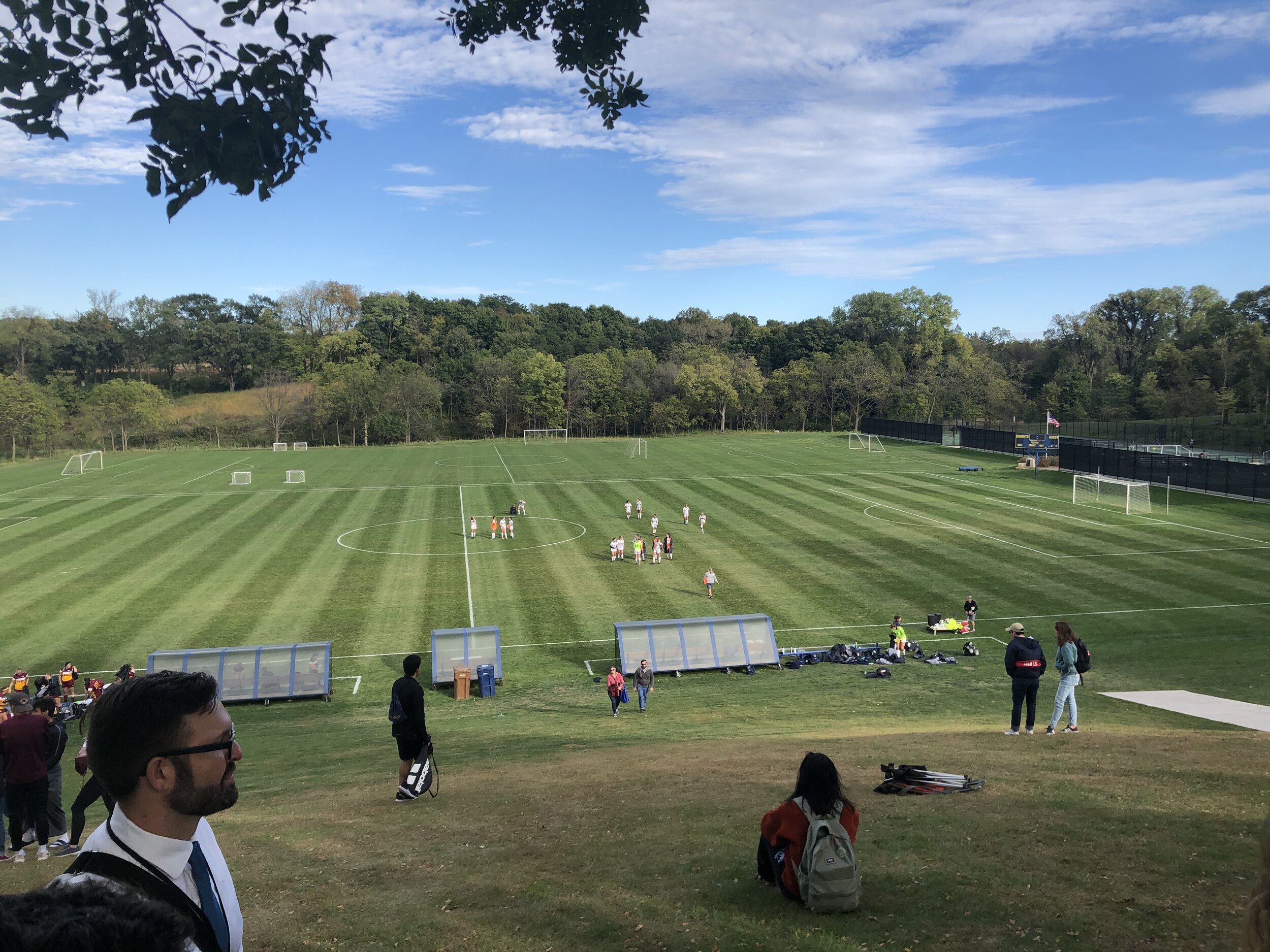


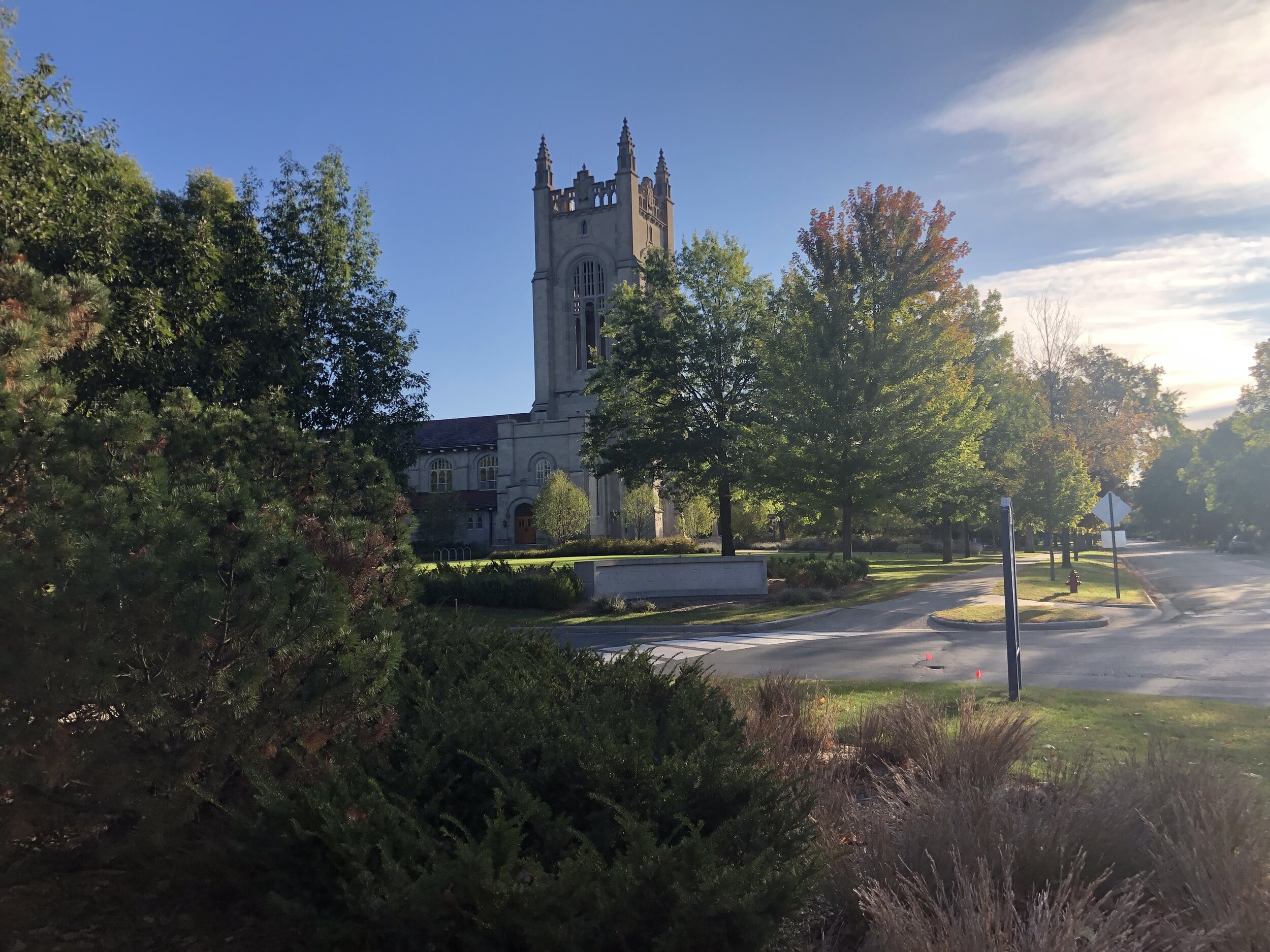
Resources:
Carleton College’s Utility Master Plan: go.carleton.edu/geothermal
Go here for more charts and graphs, photos, FAQs, project updates and more
Production Team:
Episode Transcript:
The following is an automated transcription of this episode which will include errors and omissions. You can listen and follow along with the text here:https://otter.ai/s/I2RAglzqRpSJMWAFwqa6KQ
You can find a text-only version of the transcript here:
Episode 25: Losing Steam: Carleton College's Energy Transition - Transcript





